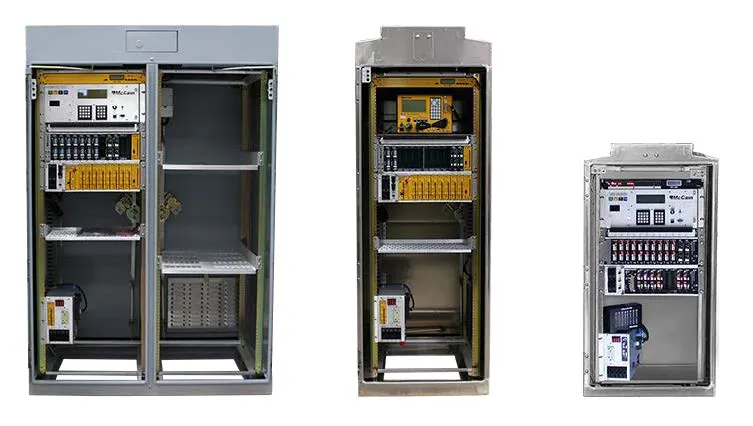PowerGenix, a manufacturer of high-performance, rechargeable Nickel-Zinc (NiZn) batteries, has announced an exclusive agreement with PSI Acquisition to supply battery cells for UP-Stealth, a cutting-edge uninterruptible power supply (UPS) for the traffic industry.
January 24, 2012
Read time: 1 min

Using the high power and small size of PowerGenix NiZn battery cells, the UP-Stealth system is a smaller and lighter package than lead-acid equivalents. The partners say that UP-Stealth can be installed in previously unutilised space in existing traffic control cabinets, replacing traditional lead-acid-based UPS systems and eliminating the bulky, heavy external battery cabinet attached to the primary traffic cabinet.
Compared to the current leadacid standard, the PowerGenix-PSI solution is about 70 per cent lighter, with a much longer service life and requires no maintenance. NiZn batteries are also recyclable and RoHS compliant, with no toxic heavy metals, providing an environmentally friendly alternative to lead-acid and other battery chemistries.









